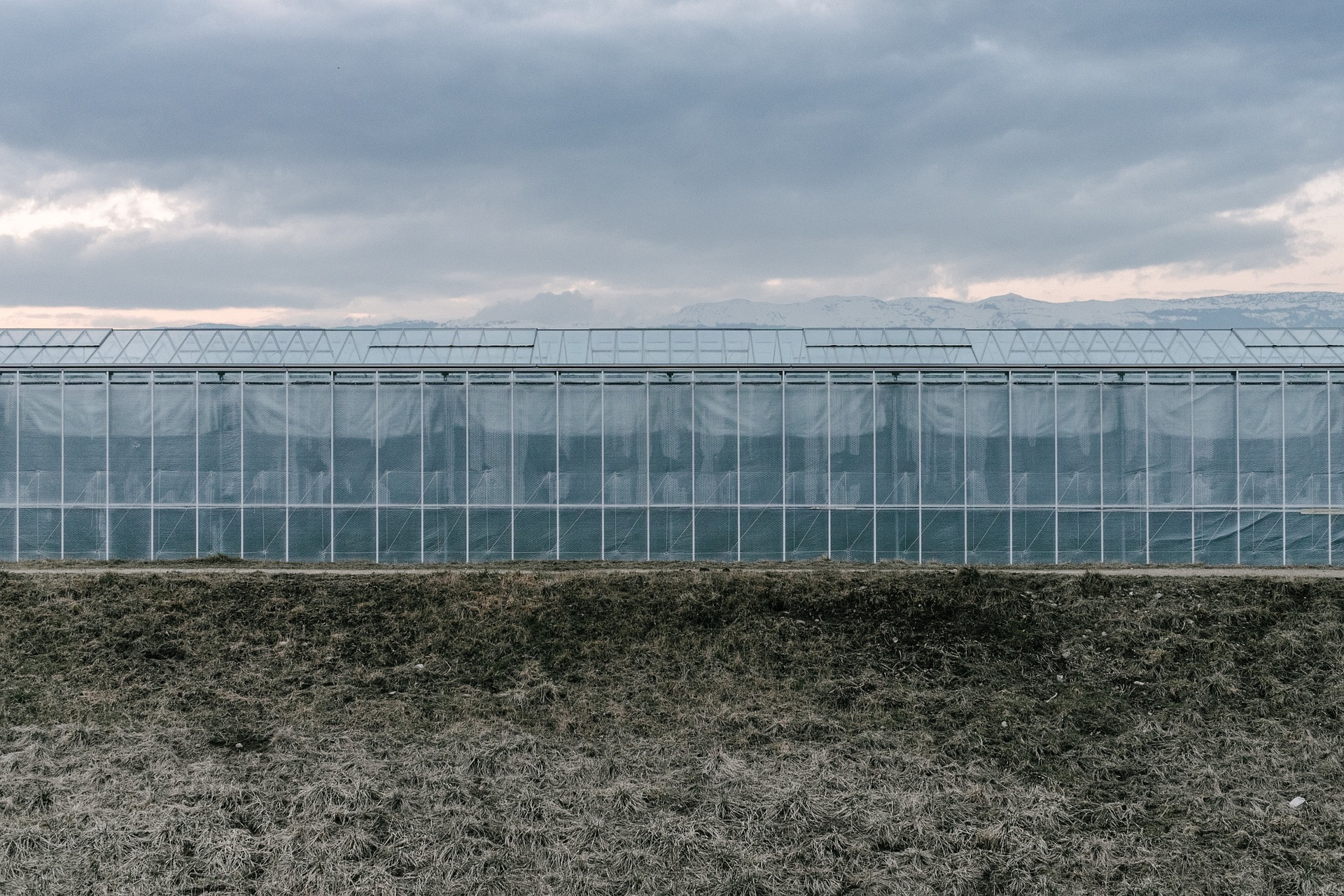


Local farmers are calling on the Government to ease development restrictions so they can provide their own renewable energy.
The appeal came in a letter from the Farmers' Union sent to a panel reviewing proposals for a new three-year bridging Island Plan, which will dictate what areas of Jersey are developable and the principles any plans should follow between 2022 and 2025.
The letter criticises “a direct conflict between what is being verbally encouraged and what actually then emerges as tangible actions”, warning that if conditions stay the same “the island may take a further 10 to 15 years to develop” the renewable energy projects that "we need yesterday.”
Referring to the 10-year Carbon Neutral Strategy, which was unanimously voted for by the States Assembly in February, Farmers' Union President, Peter Le Maistre, told Express that farmers were “keen as an industry that we’re going to be able to go with the whole island and offset any emissions by being able to provide our own electricity.”
However, he said that the current Island Plan made this difficult due to the complications around building on green zones.

Pictured: Green zones make up a large proportion of Jersey's countryside, putting in place restrictions against development to protect the natural landscape.
The Island Plan’s present ‘green zone policies’ were put in place to give the countryside “a high level of protection,” with “a general presumption against all forms of development.” However, there are a number of exceptions where the planning board will take into account factors such as employment, tourism impact, extensions and potential environmental gain.
Despite these allowances though, Mr Le Maistre said that the tight restrictions mean that “you immediately get a conflict when you want to do anything in the countryside”, making it hard for growers to actually get development projects such as renewable energy resources off the ground.
He was mindful that, though rooftop installations for solar panels had been recently been built on existing rooftops, it was much more difficult to get planning permission to actually build solar farms from scratch.
He also said he felt there had been a “reluctance” to have wind turbines onshore, and that he hoped the new Island Plan would give clarity as to where green facilities could be built.

Pictured: One of the factors that farmers want made clear in any new policy is where renewable energy sources can be built.
He also pointed out that the plan created obstacles for developing accommodation for workers on the farms instead of in St. Helier, remarking that “putting staff in St. Helier isn’t ideal when you’re on a farm and people are working at six in the morning.”
In addition, he noted that converting old, unusable agricultural buildings into self-catering or as facilities to let out were also made a complicated process through the plan’s restrictions.
More broadly, the Union’s letter to the Government requests that when rezoning land for new affordable housing in rural areas, “each Parish should work with its farmers to ensure where possible land of least economic value is built upon.”

Pictured: Low value sites like disused glasshouses were also suggested as places that renewable energy sources could be built.
On this topic, Mr Le Maistre highlighted that there were a number of disused glasshouse sites that could be used before singling out more prominent green zones for residential rezoning – equally, he also marked some of these derelict glasshouses as potential sites for onshore renewable energy too.
In their letter, the JFU also expressed scepticism over creating bridging Island Plan that does not have a migration policy to base itself upon, and therefore decide on how many houses should be developed in green zones and rural areas.
“The real problem with doing it soon is we don’t have a population or migration policy because that hasn’t been agreed,” Mr Le Maistre continued. “Until you know how many people are going to be living here in 10 years, it seems difficult to go and make a policy on houses.”
The bridging Island Plan is continuing to go through its review stages, and a public consultation on a draft plan is scheduled for Spring 2021.
Comments
Comments on this story express the views of the commentator only, not Bailiwick Publishing. We are unable to guarantee the accuracy of any of those comments.